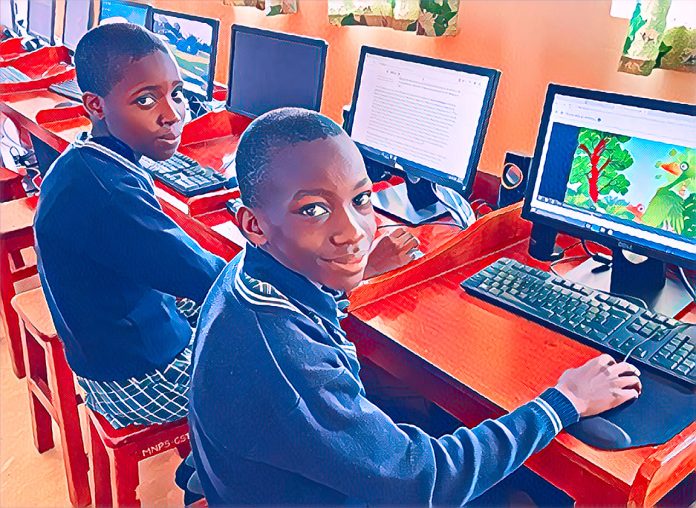KEY POINTS
- Nigerian Edtech startups have raised over $200 million, indicating strong investor confidence, but growth must address fundamental connectivity issues.
- Despite advances in Edtech, many rural students still face significant barriers in internet access and device affordability.
- While digital tools offer personalised learning opportunities, their effectiveness relies on consistent internet access and available devices for all students.
Digital learning is reshaping Nigeria’s educational landscape, striving to bridge the gap between urban and rural education. However, as the country grapples with a population exceeding 229 million, significant challenges persist that threaten the equitable distribution of educational benefits.
While digital tools and government initiatives show promise, many students remain underserved, particularly in rural areas amid the rise of Edtech platforms and government initiatives that promised to improve accessibility and inclusivity, significant challenges remain that threaten the equitable distribution of these benefits.
Over 20 million Nigerian children out of school; urgent reforms needed
Education in Nigeria is mandatory for children aged 6 to 15, covering primary and junior secondary levels. However, as of July 2024, over 20.2 million children are out of school, signaling a need for urgent action. Although more than 86 million children are enrolled in early education, overcrowded pre-primary classrooms exacerbate the mismatch between facilities and student numbers.
Many digital learning platforms in Nigeria are striving to close educational gaps by providing interactive content and virtual classes. Despite the government’s National Broadband Plan (2020-2025) aiming to enhance connectivity for 90% of the population, significant challenges remain.
As of December 2023, there are reports of N68.7 billion in unaccessed grants from the Universal Basic Education Commission (UBEC), underscoring the need for effective implementation of these initiatives.
Investment surge in Nigerian Edtech faces connectivity hurdles, hindering digital learning for rural students
Despite over $200 million in recent investments in Nigerian Edtech startups, many rural students lack devices and reliable internet access, limiting their engagement with digital learning tools. The Nigerian Communications Commission (NCC) and NGOs are working to extend affordable internet access, green energy and distribute devices, but progress remains slow.
Digital tools promise personalized learning experiences tailored to individual paces, with diverse digital platforms employing AI for customized instruction. However, effectiveness relies heavily on connectivity and device availability.
Grassroots efforts, such as those led by activist Very Dark Man, are emerging to address educational inequalities, underscoring the need for systemic change.
While digital learning has the potential to transform Nigeria’s education, significant barriers must be overcome. Addressing connectivity and access challenges is crucial for ensuring equitable access to education and fulfilling the promise of digital learning for all Nigerian students.



